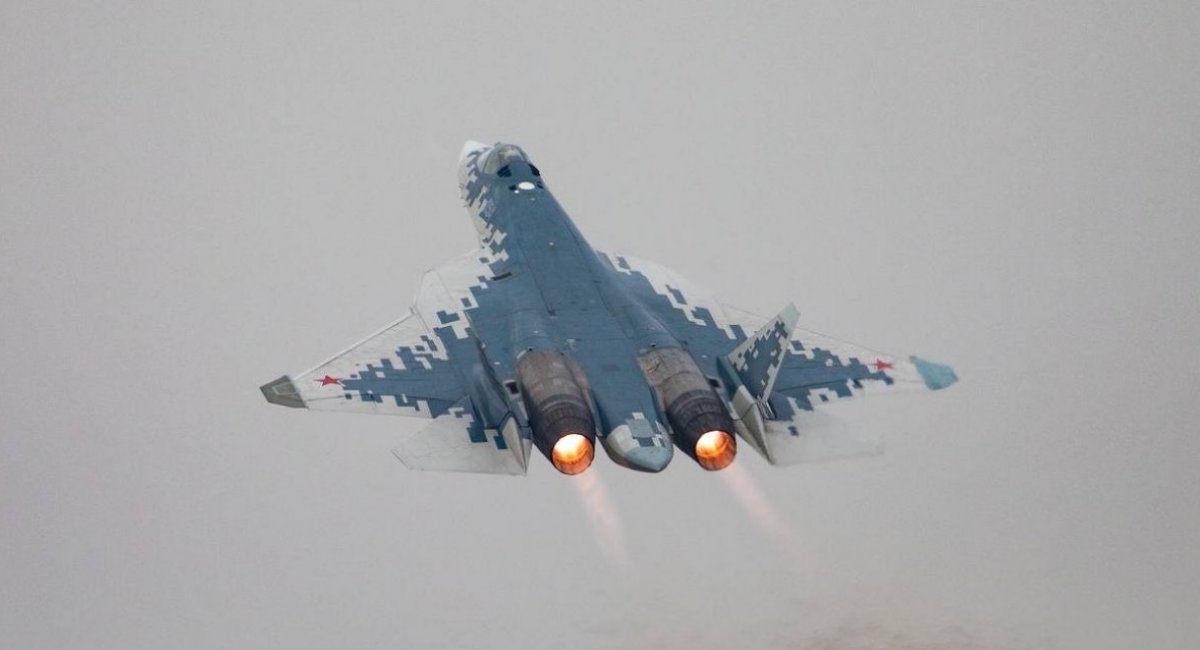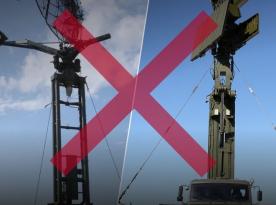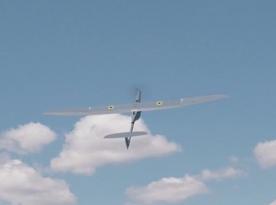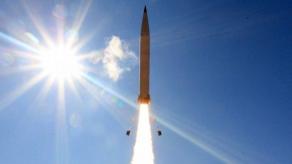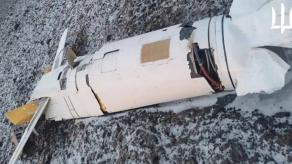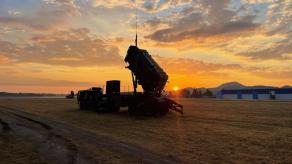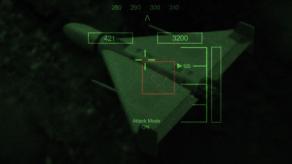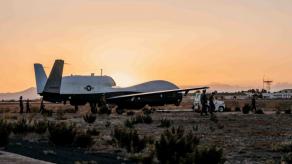russia has confirmed that its Su-57 fighter jet, which it alone classifies as a fifth-generation aircraft, will be delivered to its first foreign buyer in 2025. This announcement came from Rosoboronexport's chief, Alexander Mikheev, during the Aero India 2025 exhibition, where russia presented the Su-57 despite a prior humiliating failure in China.
However, Rosoboronexport has yet to disclose the identity of the country that has taken the risk of purchasing the russian fighter. Moscow first hinted at a foreign order in November 2024, when Mikheev spoke of not just a single deal but multiple signed contracts. Yet, given Rosoboronexport's history of conflating firm agreements with non-binding memorandums, skepticism remains.
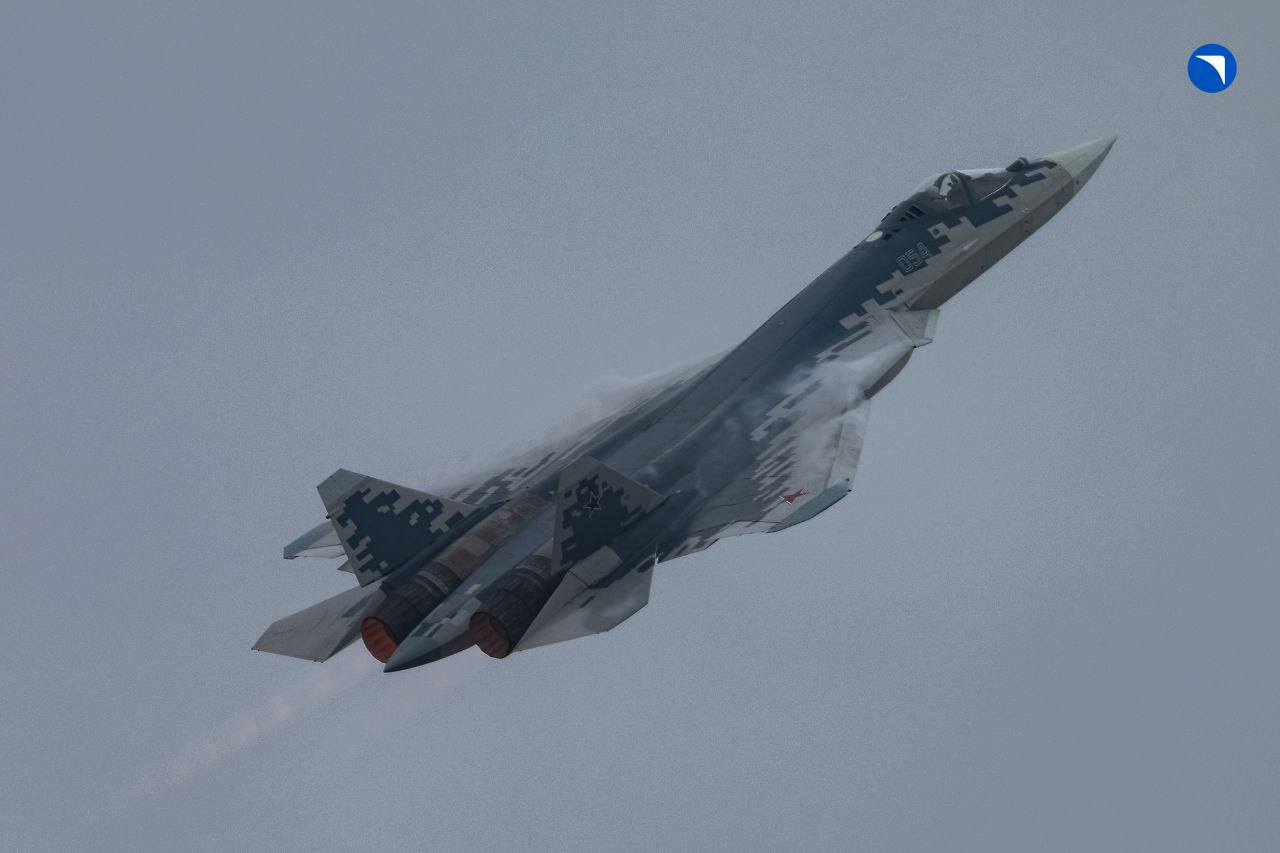
That said, the commitment to deliver the first aircraft in 2025 strongly suggests a finalized contract. This makes the continued secrecy surrounding the buyer even more intriguing—not just from russia, but also from the nation making the purchase.
The list of potential customers is relatively short. Algeria is frequently mentioned as a leading candidate, given its history of operating russian fighter jets, air defense systems, tanks, and even Iskander ballistic missiles, which it kept under wraps for a decade. Talks of Algeria acquiring 14 Su-57s date back to 2020, though no official confirmation has surfaced.
Other possibilities include Iran, despite reports indicating it opted for the Su-35, and North Korea, where Kim Jong Un personally inspected the Su-57 during his visit to a russian aircraft factory.
Beyond the secrecy, any buyer of the Su-57 must contend with significant challenges, including questionable performance characteristics and potential logistical hurdles in maintaining the aircraft.
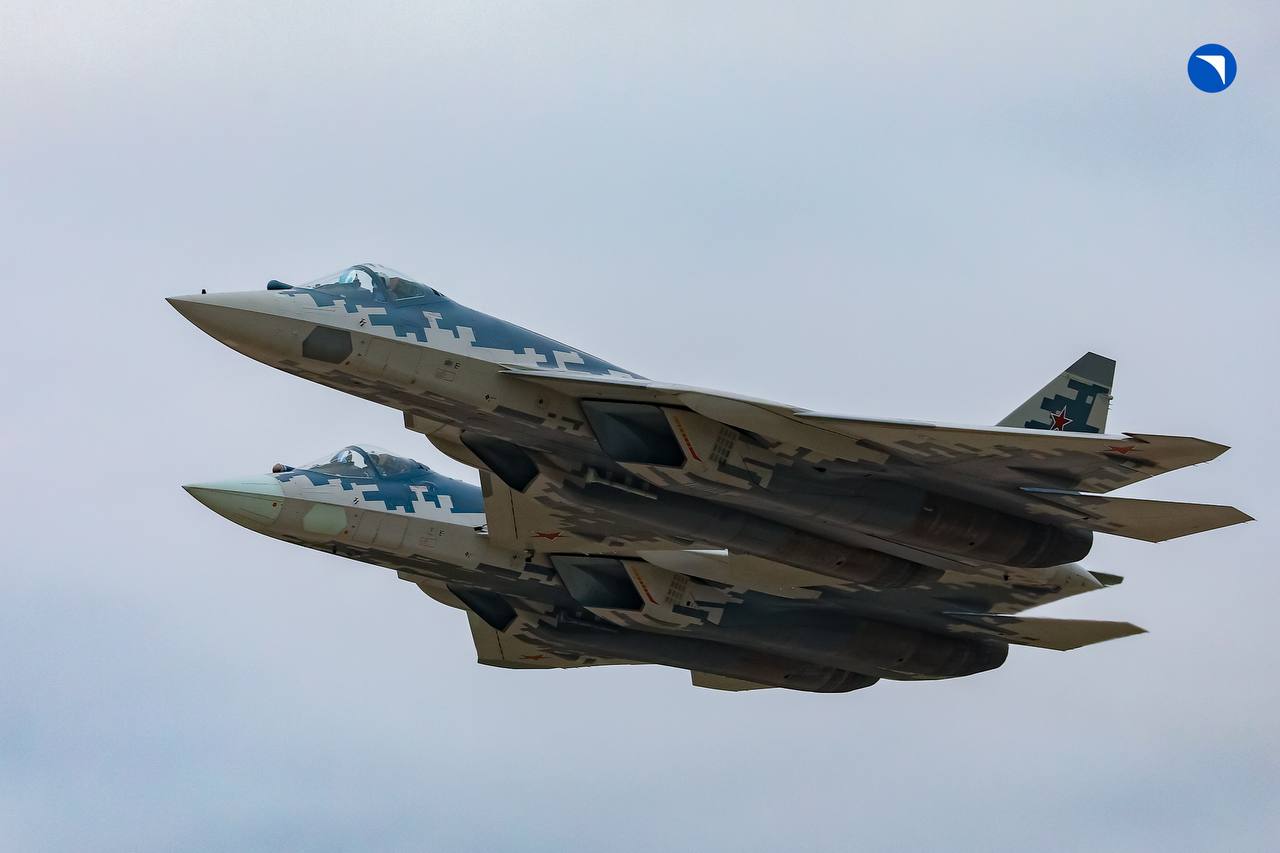
Moreover, the acquisition would likely trigger U.S. sanctions under the Countering America's Adversaries Through Sanctions Act (CAATSA). However, there have been exceptions—Saudi Arabia, for instance, continues purchasing Pantsir air defense systems, while India recently signed a contract for 3M54 Kalibr cruise missiles without facing repercussions.




